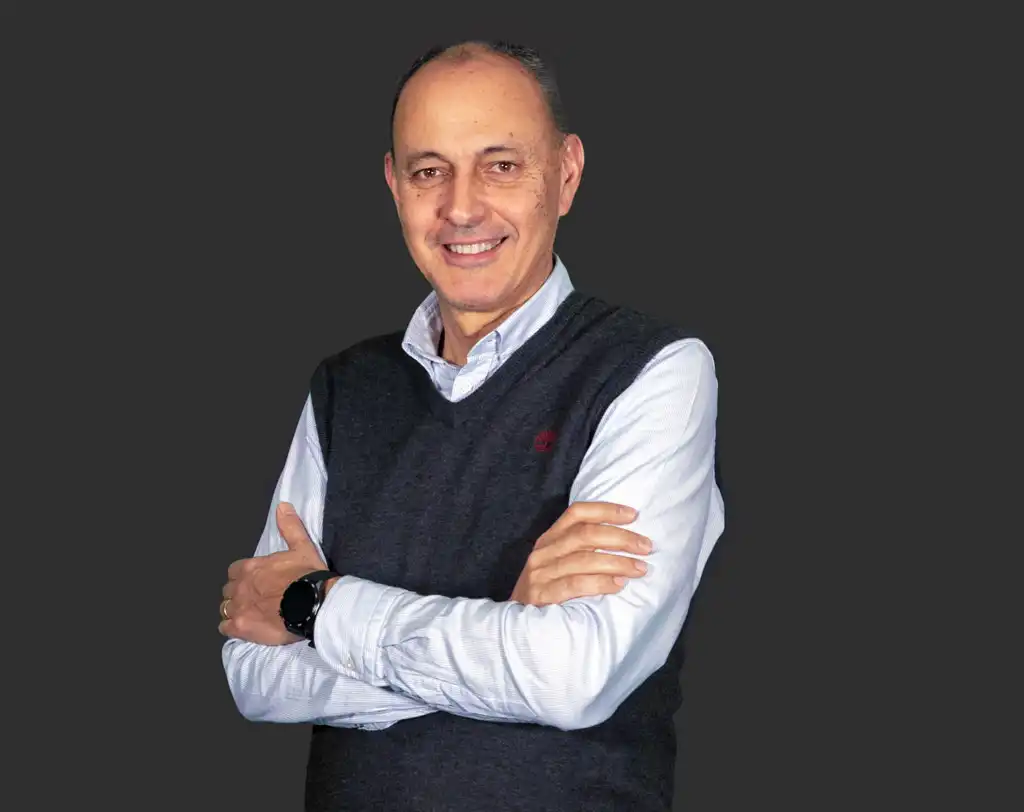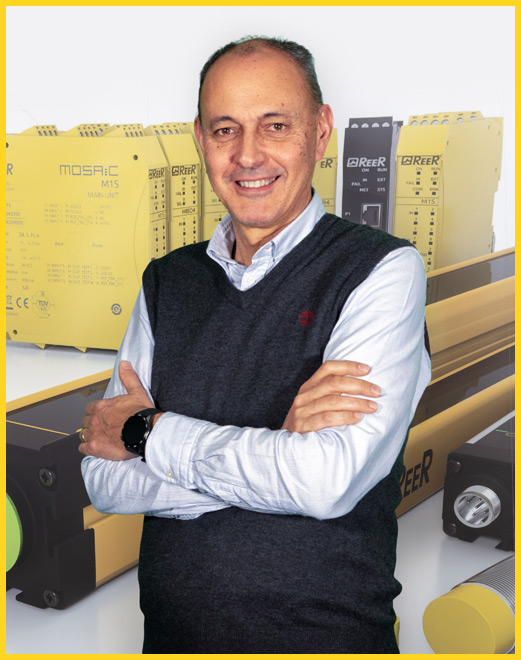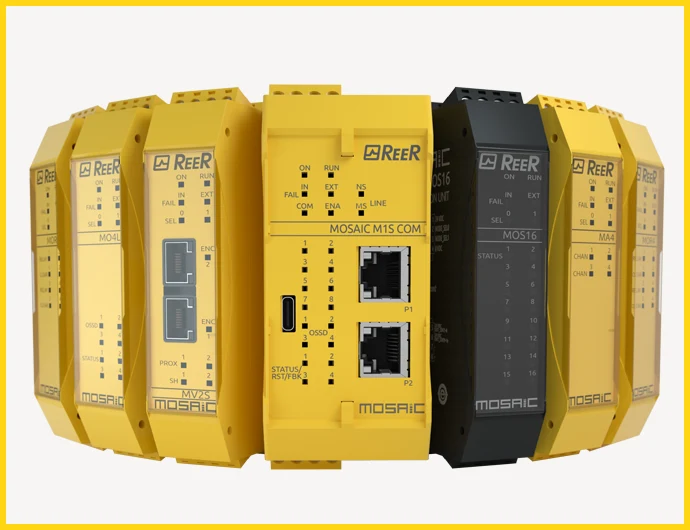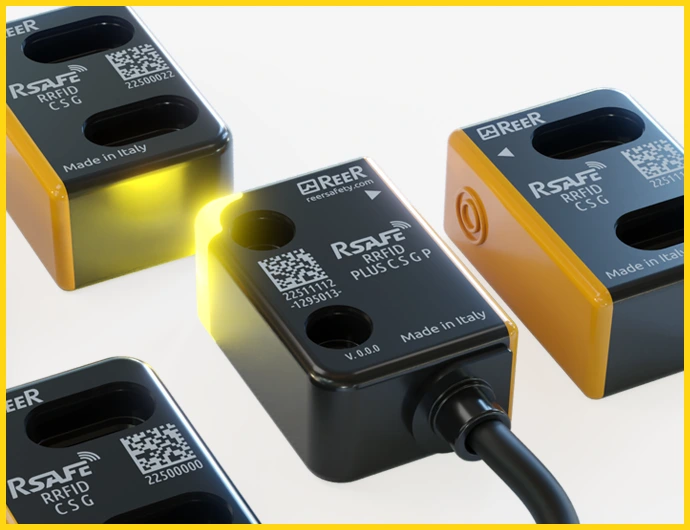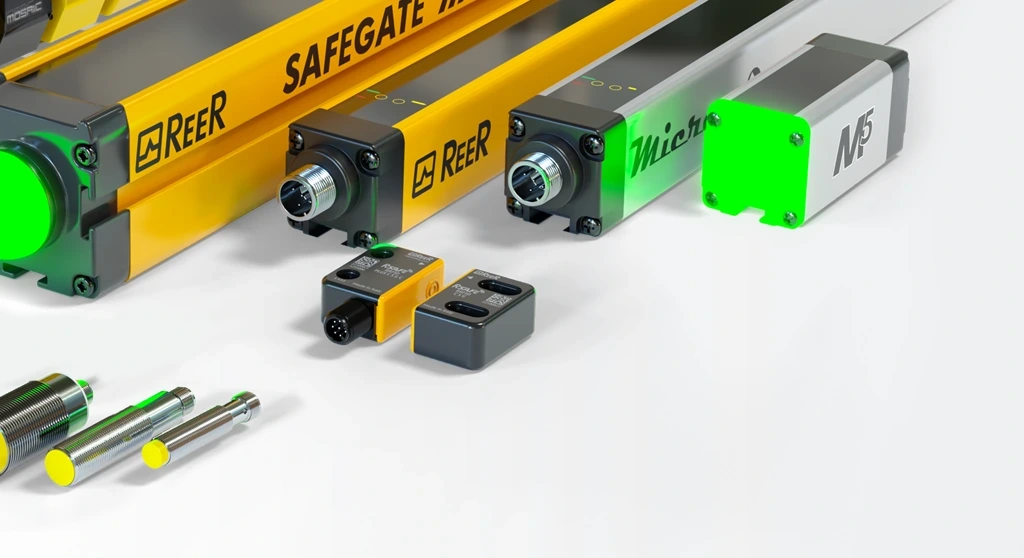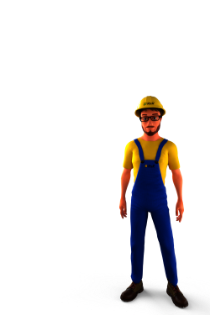How is your work team composed and what skills does it involve?
I coordinate a team of 22 people, who handle all technical aspects of the devices produced. Some of us take care of documentation related to design, production, maintenance, operating instructions, assembly, and more. Others draw the circuits that will later be printed. Some focus on testing equipment in the production lines. Then there are those who oversee the mechanical part of the designs and the initial production stages. Still, others are responsible for validating software and firmware and deal with the functional aspects of the devices. They are also tasked with identifying potential failure modes and potential user scenarios. All this is done to ensure that operator safety and machinery functionality are never compromised. The team also includes firmware/software developers and electronic designers. In general, the team consists mostly of electronic engineers but also includes computer scientists. The required skills are primarily technical and regulatory.
What do you look for in your collaborators?
We require a particular mindset adapted to the nature of our work because understanding all possible failure modes for a device is essential. Knowledge of safety regulations is also crucial since every device produced at ReeR must be certified by third-party bodies before being brought to the market. This requirement significantly influences the development phase of each product, which typically takes about a year and a half. Optoelectronic barriers and controllers must be safe and not endanger the operator in case of failure. They must also exhibit high reliability. These are non-negotiable requirements.
What is your typical working day like?
I usually try to arrive early in the morning to work on projects that I am personally involved in. My day primarily consists of sharing information with the rest of the team. We have scheduled meetings, as well as numerous confrontations for project planning, troubleshooting, evaluating necessary changes, and more. Additionally, we communicate with external certifying bodies. In ReeR’s technical office, which is an open space of approximately 400 square meters, we are always very busy.
Which company departments does your team work with?
Certainly, our primary contact is the production department, particularly the colleagues responsible for testing equipment. We also collaborate with the purchasing department, after-sales, quality control, and sales. Due to the technical nature of ReeR, much of the company revolves around the technical department.
What are the most current research areas in the safety sector, and what specific research areas are you working on at ReeR today?
One of the areas of research, both for us and in the field of industrial safety in general, is the development of ‘smart’ products that can wirelessly communicate with mobile devices such as smartphones and tablets. In the past, everything was done via cables. Additionally, ensuring data flow safety in the context of Industry 4.0 is another industry challenge. The complexity of systems in such an environment is very high. When developing wireless devices that will operate within highly integrated environments, we must ensure the highest levels of safety and reliability for the exchanged information. Cybersecurity is a crucial consideration as our products must be hacker-proof. The safety devices must not be the weak link in a computer system that could compromise its integrity, allowing hackers to disrupt production lines or cause any other problems. Our safety devices must also be resistant to computer attacks.
How is a new product created?
It stems above all from a commercial need; hence, from a request we receive from our customers and from those who need a tailor-made security device that they cannot find on the market. And it is also in this that ReeR distinguishes itself from its competitors. We are a lean company, we develop products that are as easy to use as possible, even in the complexity of their functions. And also tailor-made. So much so that some companies in the industry turn to us for the production of safety devices and then sell them under their own brand names.
How important is customer feedback in your work?
Customer feedback is crucial. That’s why my team is actively involved in the early stages of marketing a device. Even before its release, we seek user feedback. However, we are always ready to directly intervene in case of challenging problems, even going to the customer’s location.
What is the most obvious difference between ReeR’s products and those of its competitors?
In my nearly 30 years with this company, I have learned that we can solve any customer need. The answer to « Can it be done? » is always « Yes. » I believe this is the true difference between us and our competitors. The end customer is our focal point, and we work to meet their industrial equipment safety needs, whatever they may be. We offer high-quality, highly reliable, user-friendly products, which provide significant added value to our commercial and technological proposition.
Do you analyze competitor products?
Making comparisons with the competition is essential, but while hardware aspects used to generate interest in the past, today everything revolves around software, chips, and algorithms that govern device operation. These elements are often patented, and we have several patents as well.
Does unfair competition exist in your sector?
Unfortunately, yes. Particularly in certain geographical areas, such as Asia, some companies market counterfeit, or uncertified products, endorsed by less reputable certifying bodies. This is akin to unfair competition found in other sectors.
How do you develop devices that comply with regulatory requirements in various countries?
We always refer to international regulations. In our industry, regulations are typically issued within Europe and then adopted by non-EU countries.
it difficult to find young talent to join the company?
Yes, finding people with the right skills for our work is very challenging. In the last six months, we have only managed to hire one person. Many candidates now request full remote work, which poses difficulties given our needs and company workflow. We hope that the situation changes and improves in the future. Currently, we are actively seeking new colleagues to support ReeR’s growing business. Once the new offices, currently under construction, are completed, we will have a modern and comfortable space to accommodate new staff.
